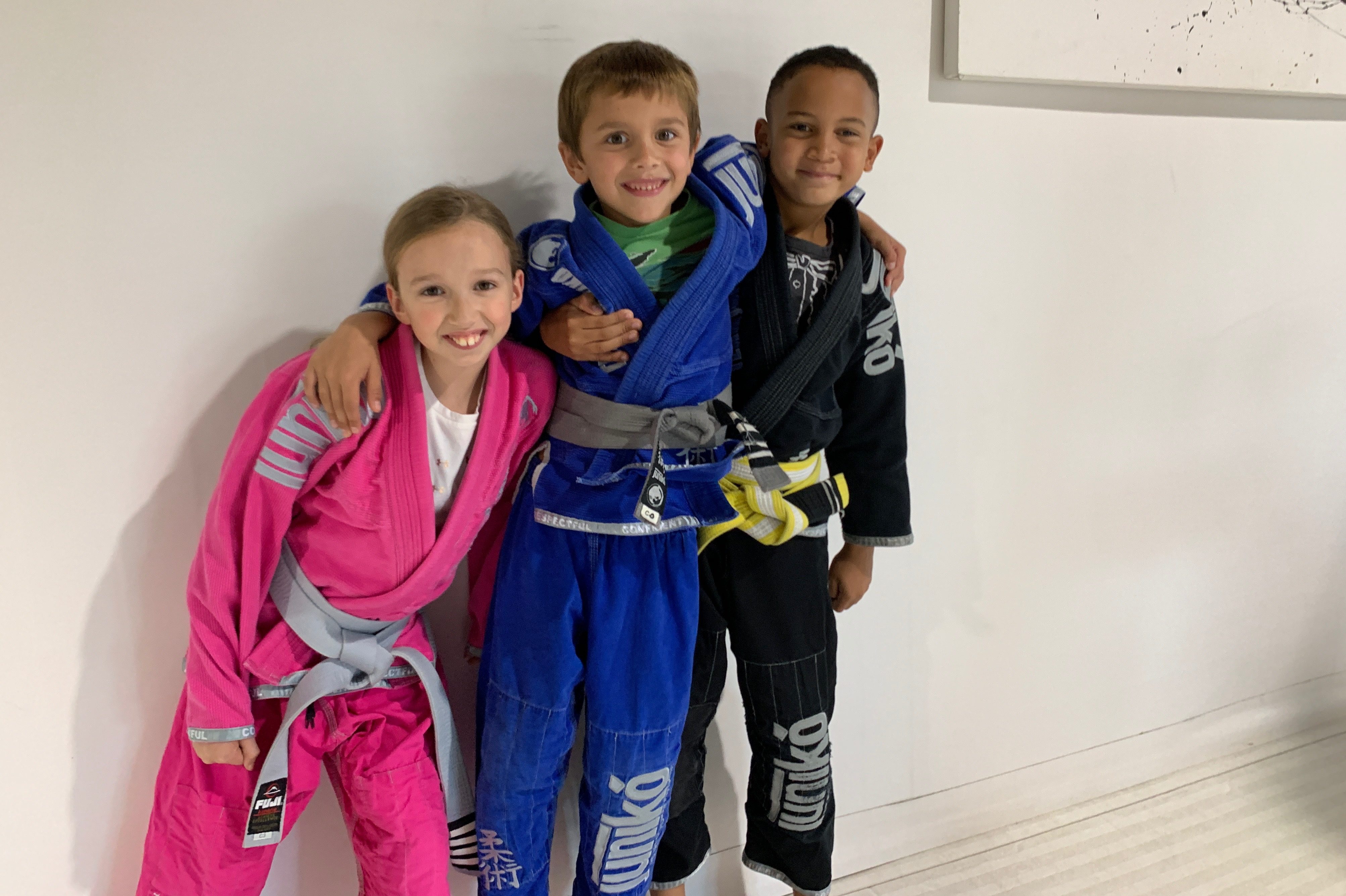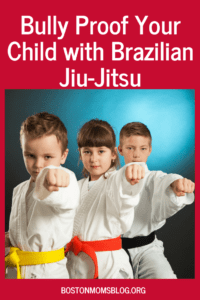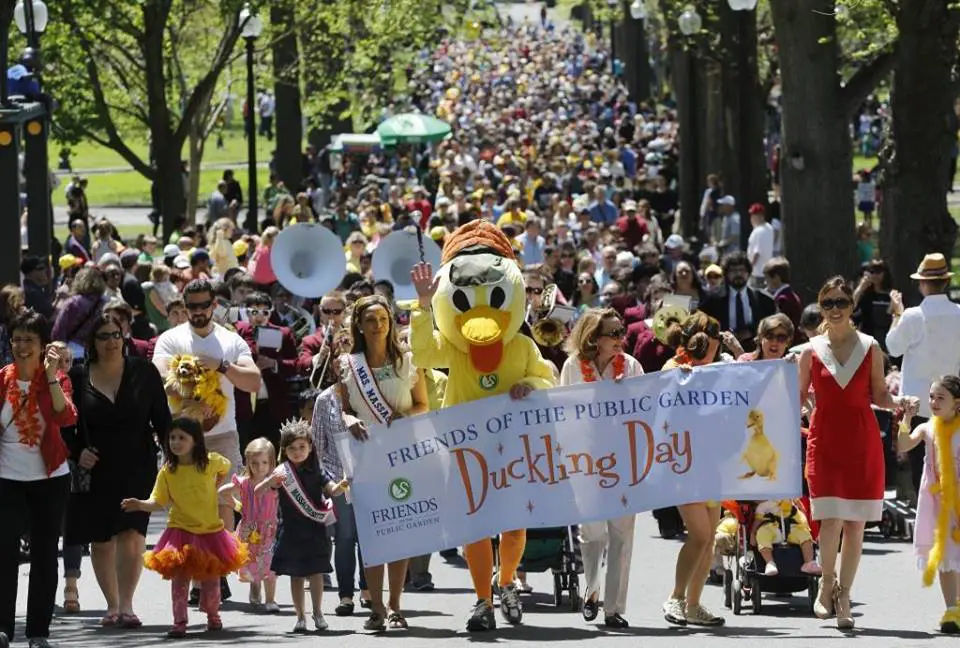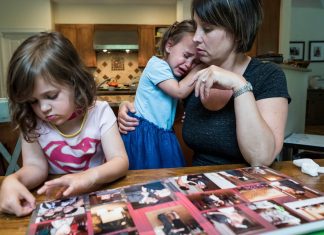
By middle school, one in five children has experienced some form of bullying by their peers.
Bullying is unwanted, aggressive, and repetitive behavior that demonstrates a power imbalance. It can take the form of physical, verbal, or social aggression and cause lasting damage to the victim. Individuals who bully tend to suffer from some type of emotional or physical distress. Taking it out on others is a means to protect themselves.
To effectively eliminate occurrences of bullying among our children, we must collectively seek to empower them with the ability to protect and defend themselves as well as the confidence and maturity to not only look out for those who become victims but seek to understand and befriend those who engage in the act of bullying.
Martial arts is one highly effective tool for bully prevention that parents can offer their children.
By training in Brazilian jiu-jitsu, children will not only be able to defend themselves, they’ll also develop strong self-confidence and build character that incorporates caring for the collective community. Because it focuses on leverage techniques and submission holds to gain control in a physical combat scenario — instead of punching and kicking — it is considered a more peaceful approach to defending oneself. Simplified in Japanese, the word jiu-jitsu translates into “gentle art.”
Here’s why we’ve loved our family’s involvement with Brazilian jiu-jitsu.
Jiu-jitsu builds character and emphasizes basic core values over fighting.
Fighting never comes first in jiu-jitsu. Respect for one’s self, training partners, and the art takes precedence. Respect, confidence, positivity, humility, and kindness are core values that many training programs emphasize in their curriculum. It becomes the expectation that students learn these values, practice them, and adopt them both on and off the mat. As a result, children can stand up for themselves and begin looking out for others who are struggling. A jiu-jitsu program can teach children techniques and strategies for using their words, seeking help, empathizing, and relying on their own strength and confidence to handle and defuse bullying.
Jiu-jitsu arms a child with unwavering confidence.
From learning and practicing jiu-jitsu, a child becomes stronger, faster, and smarter. When faced with a bully, a child with a jiu-jitsu background is not likely to back down. When bullies sense this unyielding confidence, it is more likely they will back down before engaging. A child who has self-confidence in his ability to defend himself will exude that. This can prevent many bullying encounters. At the same time, jiu-jitsu instills humility.
Bruno Cesar Dias, one of the lead professors at Juniko in Hanover, where our son and daughters train, grew up in a very humble family in a tough Brazilian neighborhood. Jiu-jitsu taught him how to deal with his challenges while learning how to respect and accept the differences between himself and those around him. “For the kids, I believe jiu-jitsu is the best sport to be trained. In each training day, new challenges are met, kids are never in their comfort zone, and there is always something to learn. Kids learn how to be humble, how to be nice to others, and how to solve problems on their own.” This is a person I value as a role model and instructor to my children.
Children should learn how to physically protect themselves.
Self-defense is a life skill — something we all should know how to do. It is unrealistic to assume that our schools can protect our children, even with a zero-tolerance policy against bullying. As a former middle school teacher, I can honestly tell you I could not protect every one of my students from all possible bullying scenarios and opportunities. As a parent, I cannot completely protect my own children from real-life bullies and dangers. Our children must know how to look out for their own well-being. When children train in jiu-jitsu, they are taught how to take down an opponent, escape different types of holds, and use their bodies to force an aggressor into submission.
Jiu-jitsu teaches children to be leaders and helpers.
Skills and values learned on the jiu-jitsu mat are parallel to leadership skills. As a result, children who train in Brazilian jiu-jitsu avoid becoming bullies. Instead, they can focus their confidence, skills, and strength on protecting others. Instead of becoming a bystander, they take an active role in protecting those who are victimized. They show the bullies, who are likely also struggling, a more positive and constructive way.
As a parent, my goal is to combat bullying by helping my children learn to stand up for themselves and others while engaging a would-be bully in a constructive and confident way. Brazilian jiu-jitsu is the tool that reinforces those ideas and cements them into children’s habits of mind, self, and action.














